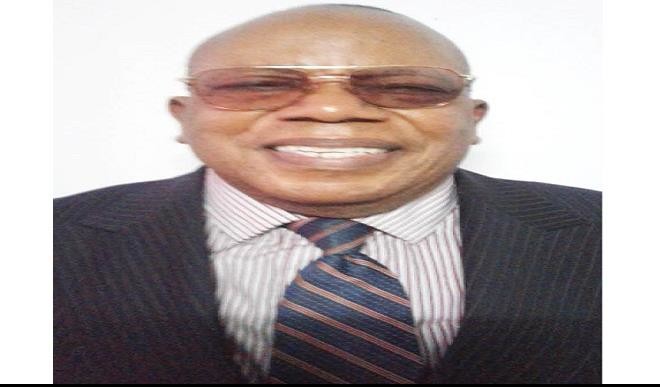Senate vs. Sagay: NASS powers not unlimited – Professors
A Professor of Law, at the Ahmadu Bello University (ABU), Zaria, Prof. Ladan Taofiq, has said the National Assembly’s powers are not unlimited. He stated this over the weekend in reaction to the tussle between the NASS and the Chairman of the Presidential Advisory Committee Against Corruption, Prof. Itse Sagay. Sagey was summoned after a […]


A Professor of Law, at the Ahmadu Bello University (ABU), Zaria, Prof. Ladan Taofiq, has said the National Assembly’s powers are not unlimited.
He stated this over the weekend in reaction to the tussle between the NASS and the Chairman of the Presidential Advisory Committee Against Corruption, Prof. Itse Sagay.
Sagey was summoned after a resolution of the Senate for reportedly describing the Senate as “childish and irresponsible” and one “filled by people of questionable character”.
Sagay’s comment was a reaction to the Senate’s refusal to proceed with confirmation of 27 persons President Muhammadu Buhari nominated as Resident Electoral Commissioners (RECs).
The lawmakers stopped the confirmation in protest against the refusal of the President to sack Ibrahim Magu as acting chairman of the Economic and Financial Crimes Commission (EFCC) despite his repeated rejection by the Senate.
Sagay said: “The resolution of the Senate to summon me was unconstitutional. They ought to know that I do not come within the category of persons they can summon. They don’t have authority to summon me; I am outside the group of persons they can summon. I am not a civil servant. I don’t belong to any commission.”
According to Prof. Tony Ogiamen, University President, American Heritage University, When Sagey made that statement he was exercising his fundamental human right of freedom of speech which is Section 39 of the 1999 Constitution, they are all talking about Section 88 and 89 of our constitution.
If what Sagay was invited for has to do with the national interest, security or some other matters that are relevant to the three coordinate arms of government, then Sagey should comply but then the annoying aspect of it was that Sagey said something about the Senate. We say something about President Buhari every day, has anybody been asked to come to the Presidency to defend what he said?
We cartoon him everyday and make negative statements about Buhari everyday, everyday lawyers abuse themselves, even contempt of court is no longer relevant. Who cares anymore all because of the advent of social media.
When you look at the Presidency it has a kitchen cabinet who are senior Assistants who are regularly with the President and discuss serious matters with the President in his office. What we are talking about is separation of powers. So we try not to upset and offset the seperation of power doctrine. What we have now is like ‘ let me vent my anger on Sagay’. The immunity that President Buhari enjoys, his senior managers enjoy as well. So if you are going to summon Sagey, it follows that you get Presidency to waive its immunity.”
Ogiamen said that if Sagay was invited to come on issues of national security then the Presidency would have to waive the immunity so that he would be free. Otherwise he could answer them and when he gets to the floor he would plead immunity. ‘If you are summoning someone from the Presidency, you should respect that office.’
Prof Taofiq in a swift reaction, said the Court of Appeal decision in el-Rufai V House of Representatives (2003)FWLR162 and the Court of Appeal’s earlier decision in Tony Momoh V Senate (1983)4NCLR P.295 have both dealt with the scope and limits of the investigative powers of the National Assembly.
He said the power of the Senate to investigate was specific and not general in nature.
The powers, according to him, do not exist for the aggrandizement of the House; that it may only be lawfully exercised in accordance with Section 88(2) and in furtherance of its legitimate business.
He said from the case of Tony Momoh to el-Rufai’s, the courts have consistently held that the investigative powers of the Senate and House of Representatives, was not at large, but limited to the scope defined by the constitution. Its perimeters are defined by the provisions of Section 88 (2) of the Constitution.
The investigative powers conferred on the legislative houses by the constitution, according to Prof. Taofiq, could only be lawfully exercised in furtherance of the purposes defined by Section 88(2) of the Constitution. The provisions do not constitute the House as a court of law or a “universal ombudsman.”
“The investigative powers, broad as it is, is not unlimited. The powers are not created to harass citizens nor for self-aggrandizement of the legislators and the exercise of same will be checked by the law courts in appropriate cases,” Prof. Ladan stressed.
